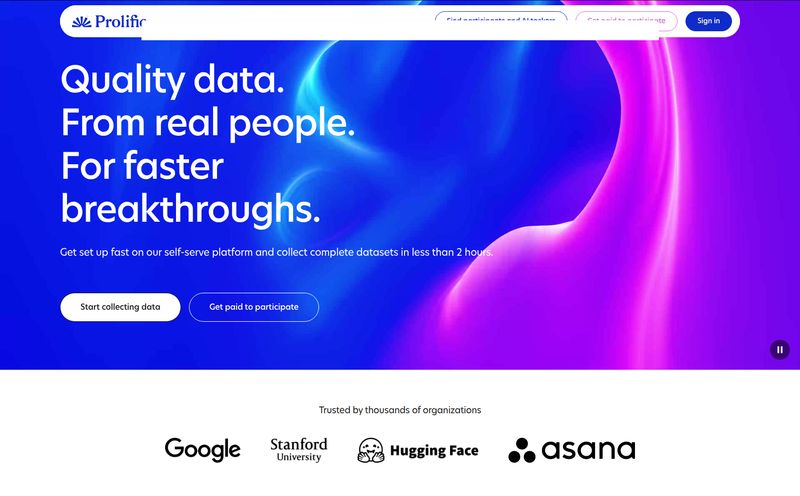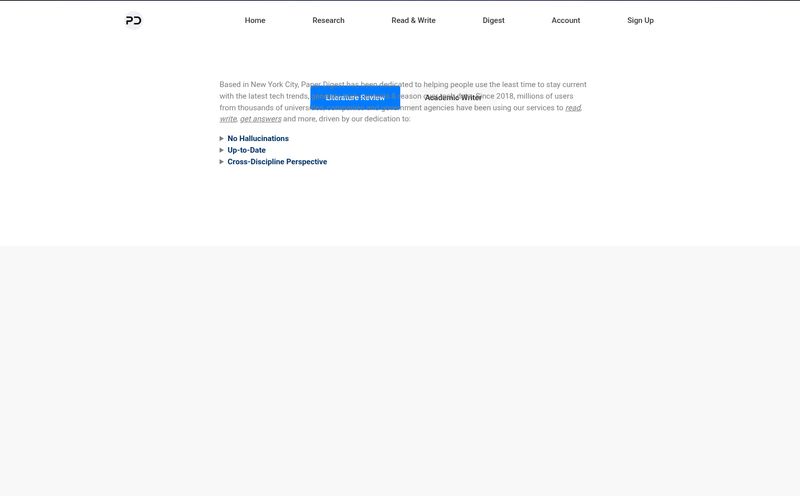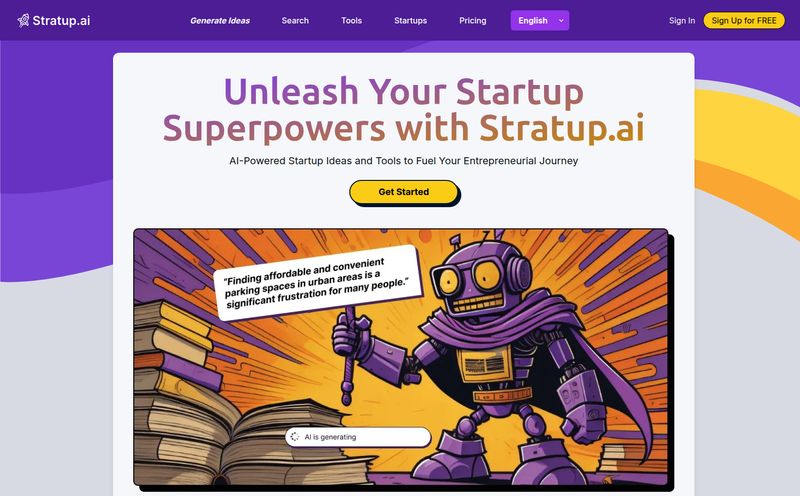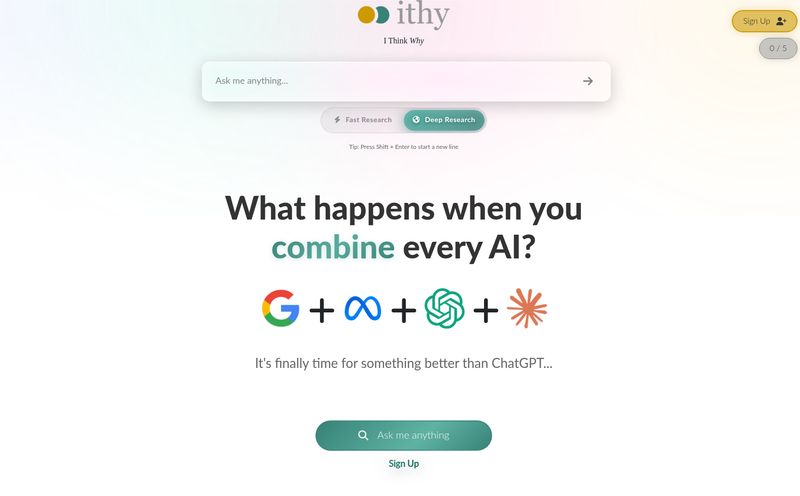Nothing makes my eyes glaze over faster than a 30-page contract written in what I can only assume is a dead language. Legalese. It’s designed to be confusing, and hiring someone to translate it costs a small fortune. For years, as an SEO guy juggling client contracts, SOWs, and terms of service, I’ve dreamt of a tool that could just... make it make sense. You know?
So when I first heard whispers of a tool called GPT Law, my ears perked up. The pitch? It's like ChatGPT, but it went to law school. An AI that could sift through court cases, explain complex laws in plain English, and even help you review documents. My first thought was, “Sign me up.” My second thought was, “Let’s see if it’s for real.”
And that’s where our little story takes a turn. Because while the promise is tantalizing, the reality is... a bit of a mystery.
So, What's The Big Idea Behind GPT Law?
On paper, GPT Law sounds like a game-changer for anyone who doesn't have a legal team on retainer. The core concept is to take the power of large language models—the same tech that powers ChatGPT—and focus it exclusively on the world of law. It's designed to search through a massive library of past court cases, statutes, and regulations to answer your legal questions.
Think of it as a super-powered paralegal. Instead of spending hours (and dollars) having a lawyer explain the basics, you could theoretically ask GPT Law, “What are the standard terms for a freelance contract in California?” or “Explain this non-compete clause to me like I'm five.” It’s about democratizing access to legal information, taking it out of the dusty, expensive law library and putting it in your hands. A noble goal, for sure.
The Promised Land: A Look at the Features
From what I could gather, GPT Law wasn't just a simple Q&A bot. It was aiming to be a multi-tool for your everyday legal navigation needs. It was supposed to be built around three core features.
Legal Research Without the Headache
Anyone who’s ever brushed up against legal research knows about the gatekeepers: Westlaw and LexisNexis. They're incredibly powerful, incredibly comprehensive, and incredibly expensive. They are not for the casual user. GPT Law’s promise of “Legal Research” suggests a much more accessible alternative. The idea that you could research relevant case law for a small claims dispute or understand the legal precedent for a landlord-tenant issue without paying hundreds of dollars a month is, frankly, amazing.
Redlining for the Rest of Us
“Redlining” is a term that gets thrown around in legal and corporate circles. It’s simply the process of marking up a document with changes and suggestions—you know, like the “Track Changes” feature in Microsoft Word. GPT Law’s redlining feature would presumably help you compare different versions of a contract to see exactly what’s been changed. This is a huge time-saver and can prevent you from accidentally agreeing to a sneaky clause someone added in version 3 of a document.
Document Chat: Literally Talking to Your Contracts
This is the feature that really caught my eye. Document Chat. You upload a document—say, your apartment lease or a new employment agreement—and then you can ask it questions directly. “What’s the penalty for breaking my lease early?” “Does this contract have a clause about intellectual property?” It turns a static, intimidating document into an interactive conversation. It's like having a guide to walk you through the fine print, which is something I think we could all use.
The Elephant in the Room: The Website is a Ghost Town
Okay, so I was sold on the concept. I was ready to try it out, run a few of my own contracts through it, and see if it lived up to the hype. I navigated to the URL I found for GPT Law, and I was met with… this:
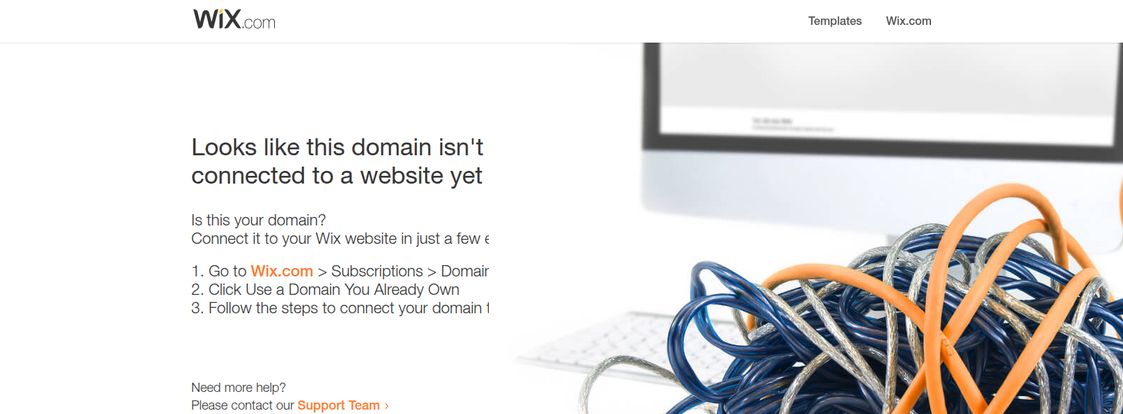
Visit GPT Law
A generic Wix landing page. “Looks like this domain isn’t connected to a website yet.”
Well, that’s a bit of an anticlimax, isn't it? It’s the digital equivalent of showing up to a grand opening and finding a boarded-up storefront. It raises so many questions. Is the tool so new that the website just isn't live? Did the project run out of steam? Is it a technical glitch? I’ve seen this happen before with ambitious SaaS projects—sometimes the marketing gets ahead of the development. Whatever the reason, as of right now, you can’t actually access or use GPT Law. It exists only as a promise.
What About the Cost? A Price Tag of $0?
Digging into the information I could find, the pricing was listed as “Free” or “Start Free.” This is intriguing. A truly free legal AI tool would be a massive disruptor. More likely, this points to a freemium model: a basic tier of service for free with more advanced features locked behind a subscription. This is a standard practice in the SaaS world. But again, without a live website, we're just speculating. The price is currently as imaginary as the tool itself.
I would caution anyone that in the world of “free” products, you are often the product. I'd be very curious to read their privacy policy regarding the documents you upload, if and when it ever goes live.
The Good, The Bad, and The AI
Even though it's currently vaporware, we can still analyze the potential pros and cons based on its stated goals.
On the plus side, the benefits are obvious. It puts legal information into the hands of everyday people in a way that is easy to understand. It demystifies a field that often profits from confusion. For small business owners, freelancers, tenants, or just curious citizens, a tool that can research legal topics, help with contract review and explain things in plain english is a huge win. It could save people thousands of dollars in initial legal consultations.
However, the cons are serious and need to be front and center. The biggest one, which the creators themselves point out, is that this is not a substitute for professional legal advice. I cannot stress this enough. An AI, no matter how sophisticated, does not understand your specific context, your jurisdiction's subtle nuances, or the strategic implications of a legal decision. Using an AI for legal advice is like using WebMD to perform your own surgery. It's a tool for information, not for action. The other major limitation is that it's reportedly focused on US law only and is only available in English. So its utility is geographically and linguistically limited.
So Who Is This For (Theoretically)?
In my opinion, if GPT Law ever gets off the ground, it’s not for lawyers. It’s for their clients. It’s for the founder sketching out their first partnership agreement. It’s for the graphic designer trying to understand the freelance contract they were just sent. It’s for the law student who wants a quick way to look up case summaries. It's a first-pass tool. A starting point for research. A way to get your bearings before you decide if you need to call in the expensive professionals.
Final Thoughts: A Promising Ghost
I'm left feeling a mix of excitement and frustration. The potential of GPT Law is immense. The world desperately needs tools that make the law more accessible. The features it promises—research, redlining, and that brilliant document chat—are exactly what’s needed.
But for now, it's just an idea. A ghost in the machine. A promising name attached to a dead-end link. I’m an optimist, so I’m hoping this is just a pre-launch hiccup. I’ve bookmarked the page and I’ll be keeping an eye on it. If it ever does launch, it could have a real impact on how we all interact with the law. Until then, we wait. And maybe keep our lawyer's number on speed dial.
Frequently Asked Questions about GPT Law
- What is GPT Law supposed to do?
- GPT Law is designed to be an AI-powered legal tool that helps users understand laws and legal documents. It aims to provide legal research, document redlining, and a 'document chat' feature to answer questions about specific contracts or files.
- Is GPT Law a replacement for a lawyer?
- Absolutely not. The tool itself states it is for informational purposes only and is not a substitute for professional legal representation from a qualified attorney. You should always consult a human lawyer for actual legal advice.
- How much does GPT Law cost?
- The available information suggests it might be free or operate on a 'freemium' model (a free basic version with paid premium features). However, since the website is not currently active, the final pricing is unknown.
- Is GPT Law available now?
- No. As of late 2023, the domain for GPT Law leads to a placeholder page, indicating the service is not yet launched or is currently unavailable to the public.
- What is 'redlining' in a legal context?
- Redlining is the process of marking up a document to show edits, additions, or deletions between two versions. It's a common practice in contract negotiations to easily see what changes have been made.
- What are the main limitations of a tool like GPT Law?
- Besides not being a real lawyer, its main limitations are its reported focus on U.S. law only and its availability only in English. Furthermore, like any AI, the accuracy and reliability of its sources are a major consideration.
Reference and Sources
- For more on the rise of AI in the legal profession, the American Bar Association has ongoing discussions about the ethical implications.
- To understand the basic platform where the GPT Law website was supposed to be built, you can visit Wix.com.
- For a general understanding of legal research databases that GPT Law would compete with, you can read about Westlaw and LexisNexis.
